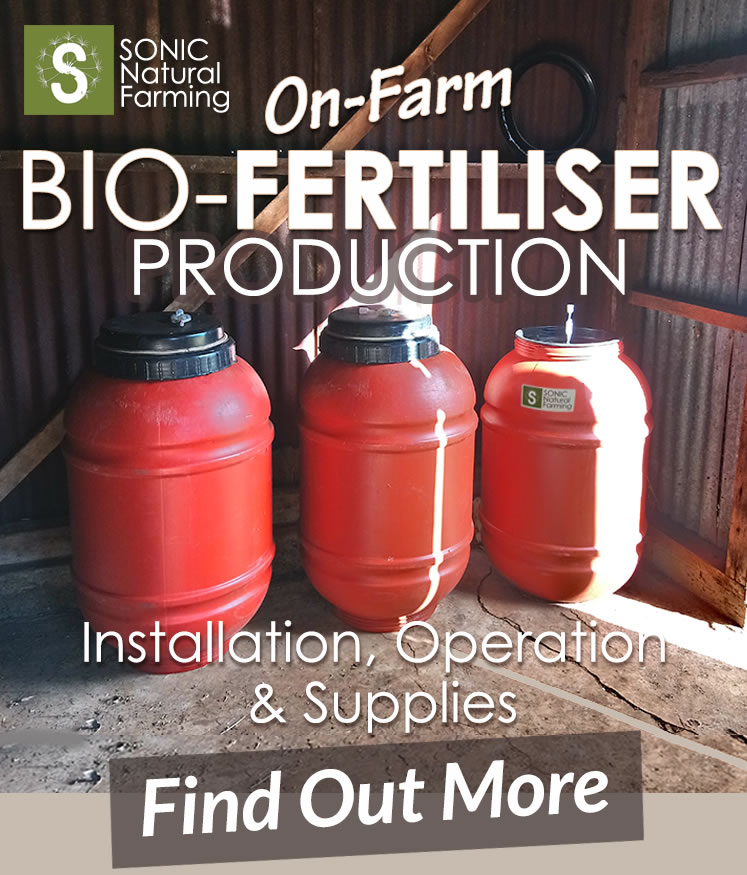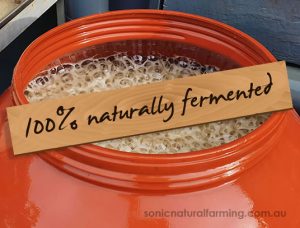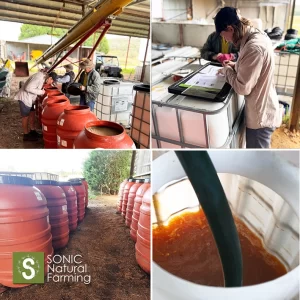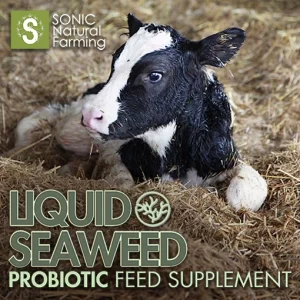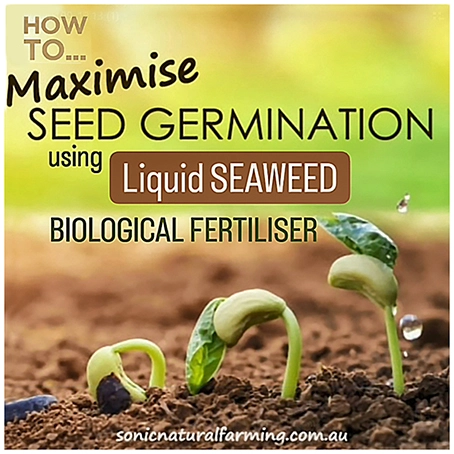In this article we are unveiling the intriguing link between soil microbes and human gut health by the role beneficial soil microbes play in plant nutrient delivery.
Today, studies show that humans are around 90% deficient of beneficial gut bacteria. This is due to an increase in artificial environments, chemical pollutants, our obsession with over-sanitising, and not spending enough time in nature, or eating natural food.
A diversity of beneficial microbes in the human organism creates homeostatis
When we consume nutrient-dense foods, we are not just getting the essential vitamins, minerals, and macronutrients that the plant has produced. We are also indirectly consuming the beneficial microorganisms that have played a crucial role in making those nutrients available to the plant in the first place.
Soil microbes are the Unsung Heroes of the Food Chain
They break down organic matter, fix atmospheric nitrogen, and make vital nutrients accessible to the plants that we then consume. By feeding on these nutrient-rich plants, we are also ingesting the microbes that have contributed to their nourishing properties.
This symbiotic relationship between plants, soil, and the microscopic life within it is what gives truly nutrient-dense foods their superior nutritional profile. Understanding and preserving this delicate balance is key to maintaining the health of our soil, our food supply, and ultimately, our own wellbeing.
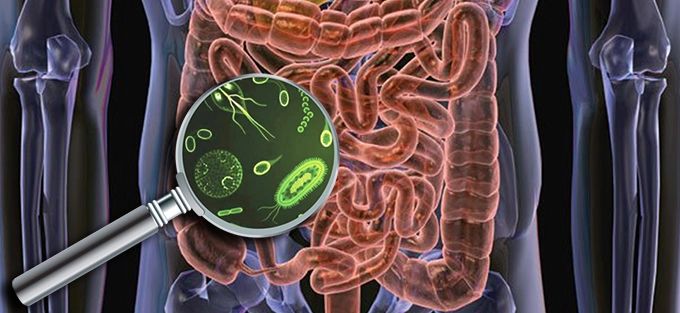
Our Gut Microbiome Houses Trillions of Microorganisms
The connection between soil microbes and gut health lies in the fact that our gut is home to trillions of bacteria that make up our microbiome. This microbiome plays a vital role in various aspects of our health, including digestion, immune function, and even mental well-being.
Consuming nutrient-dense foods grown in soil rich with diverse microbial communities positively effects our health
The presence of beneficial microbes, in the human gut microbiome, enhances nutrient absorption, promotes a healthy balance of bacteria, and supports overall digestive function.
Research suggests that individuals who consume diets rich in organically grown fruits, vegetables, whole grains, and other plant-based foods tend to have a diverse and healthy gut microbiome. This diversity is associated with better overall immunity and health outcomes.
Modern agricultural practices such as pesticide use and synthetic fertilisers negatively impact soil microbial communities

Parallels of the Human Gut and the Soil
The human microbiome has many parallels with the behaviours of soil microorganisms and their relationship with plants.
Soil Microbiome
In both cases, there is a diversity of microbes and biological activities performing a myriad of different functions. For example, there are creative microbes, stabilising microbes, and demolishing microbes. This diversity of microbes all function together as a whole, and need each other to perpetuate the cycle of life.
The bacteria in the soil is akin to the “stomach” of plants. Soil microbes have a symbiotic relationship with plant roots, and enable the digestion of nutrients to happen, so that the plants can assimilate nutrients.
Human Superorganisms
The human body houses microbes in the gut, mouth, nasal passages and other ‘habitats’ both in and on the body. We have coevolved as ‘superorganisms’ with microbes that perform critical functions and provide essential ‘health services’.
The microbial health of our gut is inextricably linked to the health of the microbes in the soil that contribute to our food chain. We are at the stage now in our human evolution where we are just beginning to understand what soil microorganisms do and how they contribute to genuine nutrient-dense food.
Soil microorganisms cycle nutrients and water to plants and ultimately to our food and the human organism
The Benefits of Beneficial Microbes in the Soil
Boosting beneficial microbes in the soil has numerous benefits for agricultural, environmental, and human health purposes.
Soil microbes, which include bacteria, fungi, and other microorganisms, play a crucial role in maintaining soil health and fertility.
One of the key benefits of promoting beneficial microbes in the soil is improved nutrient cycling. These microorganisms break down organic matter and release essential nutrients that plants need for growth. This process enhances nutrient availability and uptake by plants, leading to healthier and more productive crops.
Additionally, beneficial soil microbes can help suppress plant diseases. Some microbial species have the ability to inhibit or compete with pathogenic organisms, reducing the risk of crop infections and increasing natural plant immunity.
Why we need Healthy Gut Microorganisms
Microbes in the human body aid digestion and maintain our immune system. Soil microorganisms digest nutrients and protect plants against pathogens and other threats.
For example, plants form symbiotic associations with fungi that colonise their roots and extend the reach of the roots a hundred-fold. These fungal filaments channel nutrients and water back to the plants cells. Furthermore, these filaments are also used as communication systems for the plants to warn other plants of threats or pests, ie. immunity.
Interrupting these intricate pathways, through heavy tillage or chemical overuse, inhibits the plants immunity, just as interrupting the human gut microbiome, by way of eg. chemical consumption, can deplete the human immune system.

Soil and Gut Health Solutions
Vital microbes, in the human gut, are destroyed through the overuse of antibiotics, chlorine, and chemicals used in farming and processed foods. We have also devastated the microbiota in the soil through the overuse of chemical fertilisers, fungicides, herbicides, pesticides and heavy tillage.
Reintroducing beneficial soil bacteria to depleted soil is akin to eating naturally cultured and grown foods to restore the gut microbiome
How To Repair The Damage
Repairing the soil can be done through regenerative agriculture and natural farming, using natural soil care practices, and organic inputs like Biological Fertilisers. These are practices that can be effectively applied to both small or large-scale agricultural systems.
The best way to restore the human gut health is to eat a diversity of fresh foods, particularly leafy greens, that have been grown and picked fresh, from natural ‘living’ soil as well as naturally cultured or fermented foods.
Further Reading;
‘Why Farmers are Shifting to Organic Nitrogen’
‘Lacto Fermentation Vs Vinegar Pickling’
It is now believed that autoimmune and other diseases is owed to the disruption between our bodies and the natural microbial soil system that we coevolved with. Zach Bush MD describes this in detail in the above excellent video.


